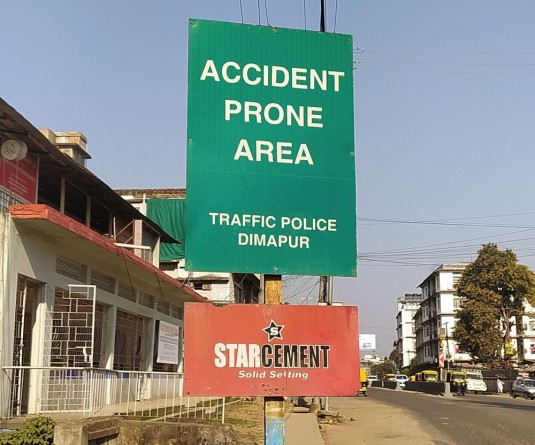
Every year April 25 is observed as World Malaria Day (WMD).
WMD gives people the opportunity to learn about malaria and promote its elimination across the country. The theme for 2017 is “End Malaria for good”.
Over the last decade, India has made major progress in the fight against malaria. National Vector Borne Disease Control Programme, the implementing nodal agency for Vector Borne Diseases in the country has framed a National Malaria Elimination Programme and committed itself towards a malaria free country by 2030.
The National Framework for Malaria Elimination in India (2016-2030) was launched by the Union Health Minister in February 2016. The framework has four objectives:
• Eliminate malaria from all Category 1 and category 2 states/UTs (26) with low and moderate-transmission of malaria by 2022
• Reduce the incidence of malaria to less than one case per 1000 population per year in all states/UTs and their districts and achieve malaria elimination in 31 states/Uts by 2024
• Interrupt indigenous transmission of malaria in all states/UTs (Category 3) by 2027
• Prevent re-establishment of local transmission of malaria in areas where it has been eliminated and maintain malaria-free status nationally by 2030. Under this framework, all states/UTs have been grouped into one of four categories based on their malaria burden, specific objectives have been established for each of these categories and a mix of interventions will be implemented in each of them.
It is expected that by 2030 the entire country will have sustained zero indigenous cases and deaths due to malaria for three years and initiated the process of WHO certification of malaria elimination
Towards achieving the elimination goal, NVBDCP has been providing effective diagnostic tools (bivalent RDT), drugs (ACT), improved protective measures like Long Lasting Insecticidal Nets and logistic support i.e mobility, manpower etc.
NVBDCP Nagaland, Directorate of Health & Family Welfare Nagaland is working closely with the dept. of NVBDCP, New Delhi in order to achieve malaria elimination in the state by 2030.
Towards this end, the involvement of other intersectoral departments like Urban Development, Agriculture, Public Health Engineering, Work and Housing, Municipals, Fisheries, Education, NGOs, private health providers etc is pertinent.
The programme also makes a fervent appeal to the community at large to contribute in means by keeping the surroundings clean, doing away with stagnant water, accepting Indoor residual spray, daily usage of LLIN/bed nets and education oneself on the aspects of prevention and awareness of malaria. The Programme also requests the community to seek for early diagnosis and complete treatment as blood test and anti-malarial drugs are provided free of cost in all government health centers.
As ambitious a dream as it may sound, the goal of malaria elimination from the state can be translated into reality through effective partnerships from line departments, involvement of communities and stakeholders to help achieve this goal. NVBDCP Nagaland, Directorate of Health & Family Welfare Nagaland



